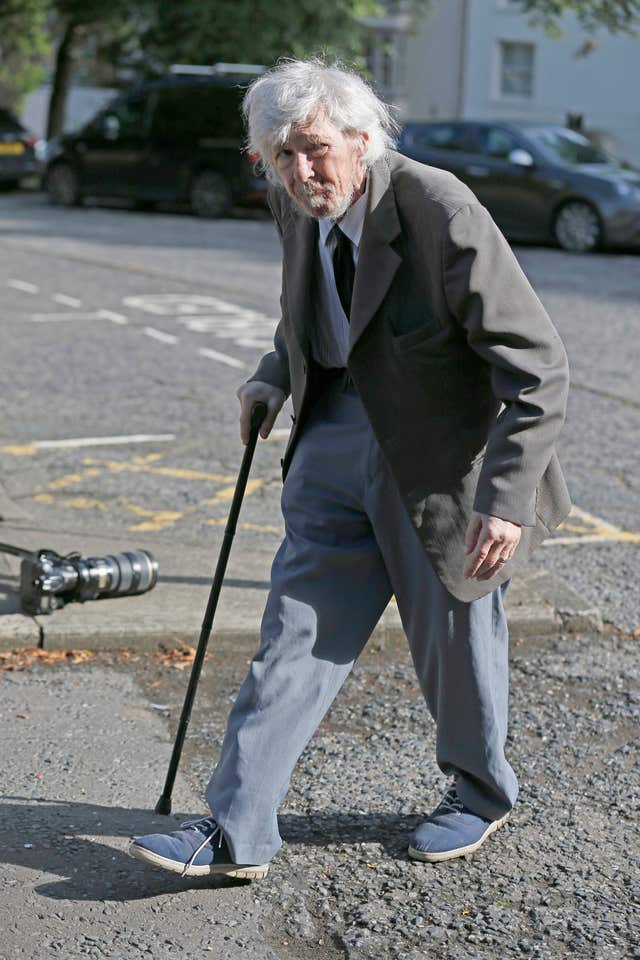‘Frail old man’ spared jail over attempted robberies with replica revolver
The judge at Durham Crown Court said Kenneth Dodds appeared to be in the early stages of dementia.

A pensioner who showed signs of “incipient dementia” when he pulled out a replica firearm and demanded money from shop assistants has been spared jail, in what was described by a judge as a “wholly unusual” case.
A court heard that Kenneth Dodds was in a “highly confused” state when he pulled out a realistic-looking Colt-type revolver and waved it at staff in Cafe Pronto in Newton Aycliffe, County Durham.
Prosecutors claimed that the 69-year-old had demanded money in order to pay off debts, and was heard shouting: “I’m not playing a game of hide and seek, I want £100 now.”
When it became clear that he was not going to get the money, he proceeded to the nearby Young’s newsagents and again produced the weapon, prompting stunned customers to “leave the shop out of fear for their own safety”.

Dodds admitted two counts of attempted robbery and a charge of possessing an imitation firearm, which he had previously used to fulfil his hobby of re-enacting Western-style shootouts.
Judge Jonathan Carroll handed him a three-year community order on Monday, claiming that the extent of the defendant’s poor well-being meant it was a “rare case which falls wholly outside the guidelines”.
Sentencing the defendant, who was invited to sit in the well of the court alongside his son, the judge said: “I say straightaway that it is clear to me from the medical evidence and also from my watching you in the courtroom and seeing your physical lack of ability, that your physical age is much older than your chronological years.
“Physically and mentally, you are becoming a frail old man.
“It may be that you have the early stages of dementia, which marks this case as being very different from other cases where people take out guns and threaten others.”

Tom Mitchell, defending, said it was the “combination of drink and medication, coupled with age and incipient dementia”, which led to the offence.
Describing Dodds as “old and lonely”, he added: “The defendant himself has little inkling as to how this happened, and, to be frank, he has little memory of it actually happening.
“I know that courts do lock up old men, but this is a particularly vulnerable one.”
Mr Mitchell also said there was no evidence that the defendant actually had any debts at the time of the incident.
The court heard that, although a formal diagnosis of dementia has not been made, Dodds exhibits early signs of the condition and has severe mobility issues.
The judge expressed “real sympathy” with his son, saying that the severity of the would-be robber’s poor health was “abundantly clear in court”.
Dodds was also given a three-year restraining order banning him from entering either of the establishments where the offences were committed, and was ordered to fulfil a 50-day rehabilitation activity requirement.





